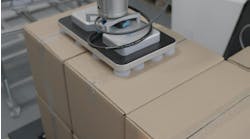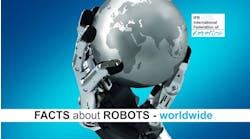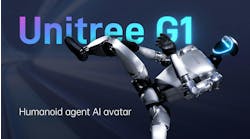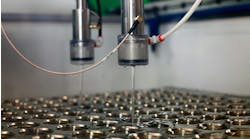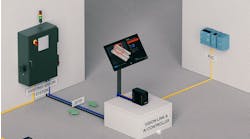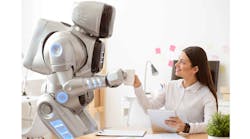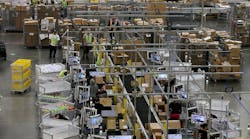Author: Noah Smith, Bloomberg View
Of all the economic questions being debated today, the most frightening one is “Will the robots take our jobs?” This nightmare scenario comes in several flavors. The extreme version is that automation simply makes human workers obsolete, just as cars made horses redundant. A less apocalyptic possibility is what economists call “skill-biased technological change” -- people who are technically savvy, mentally flexible and educated will reap greater and greater rewards while everyone else sees their wages decline. These two scenarios might look different on paper, but the net result is largely the same -- a very big portion of humanity would be either be impoverished or reduced to living off of the government dole. Books like "The Wealth of Humans," by economics writer Ryan Avent, explore this frightening possibility.
So far, the robot revolution hasn’t happened, or at least not very much -- if it had, we’d be seeing faster productivity growth and higher unemployment. A few papers have claimed to see evidence of companies substituting machines for humans more than in the past, but so far the evidence remains scant. The robot revolution is more of a long-term concern, driven by the rapid advances in machine learning and other technologies that seem to allow machines to mimic or even surpass human cognition. If computers can do mental tasks better and machines can do physical tasks better than humans, what special skills do we have left?
Predicting whether machines will make the bulk of humans useless is beyond my capability. The future of technology is much too hard to predict. But I can say this: one of the main arguments often used to rule out this worrisome possibility is very shaky. If you think that history proves that humans can’t be replaced, think again.
I see this argument all the time. Because humans have never been replaced before, people say, it can’t happen in the future. Many cite the example of the Luddites, British textile workers in the early 19th century who protested against the introduction of technologies that could do their jobs more cheaply. In retrospect, the Luddites look foolish. As industrial technology improved, skilled workers were not impoverished -- instead, they found ever-more-lucrative jobs that made use of new tools. As a result, “Luddite” is now a term of derision for those who doubt the power of technology to improve the world.
Illustration: Getty Images
A more sophisticated version of this argument is offered by John Lewis of the Bank of England, in a recent blog post. Reviewing economic history, he shows what most people intuitively understand -- new technology has complemented human labor rather than replacing it. Indeed, as Lewis points out, most macroeconomic models assume that the relationship between technology and humans is basically fixed.
That’s the problem, though -- economic assumptions are right, until they’re not. The future isn't always like the past. Sometimes it breaks in radical ways.
The clearest, most important example is the Industrial Revolution itself. For thousands of years before 1800, the wealth of the average human was almost constant. New technologies were invented -- steel, the horse collar, plumbing, the compass, paper. But per capita output barely went up. Most people were still indigent farmers.
Imagine an economist or pundit in 1780, observing the new industrial technologies that were popping up in the U.K. Imagine him scoffing at the entrepreneurs and visionaries who predicted that the power loom and the steam engine heralded the dawn of a new era of abundance for humanity. “Nonsense,” the skeptic would say. “Technologies of the past have never allowed the mass of the species to escape from poverty, so why should this new crop be any different?”
We all know what happened next. The new technologies were qualitatively different. And that resulted in an abrupt acceleration of wealth generation the likes of which the world had never seen. Via Derek Thompson of the Atlantic, here is a graph of per capita gross domestic product for various regions since the beginning of the first millennium A.D.:
What happened in 1800 and afterward utterly defied all of the lessons of history up until that point.
And automation could now do the same. There is no fundamental law of economics that says that technology must always complement human labor. In fact, the math of how robots could replace humans is simple and well understood. If the elasticity of substitution between capital and labor -- basically, jargon for “how easy it is to replace humans with machines” -- goes up, labor’s share of income can go down and down. Skill-biased technological change, which rewards the top workers while punishing everyone else, has also been modeled by economic theorists for decades.
So there is no deep, abiding reason why the future will look like the past. Machines have never replaced humans before, and they probably aren’t doing so right now. But that says very little about whether they will in the future. The nature of technology is that it changes the world in ways that are totally new and unanticipated. For all we know, this time really might be different.

